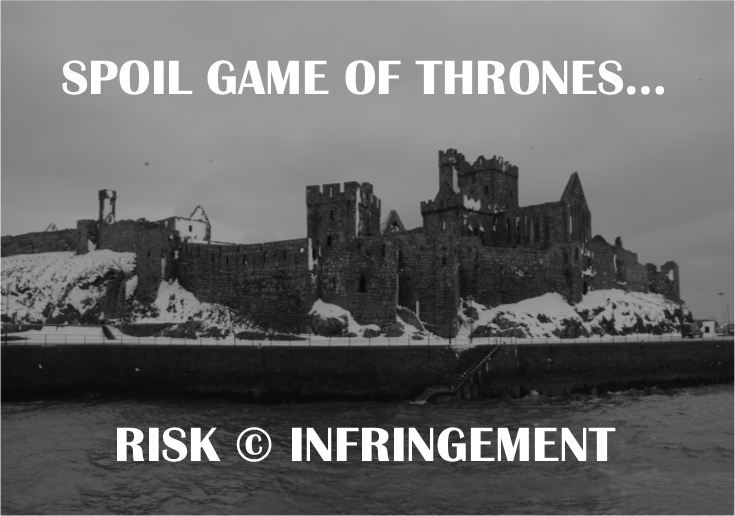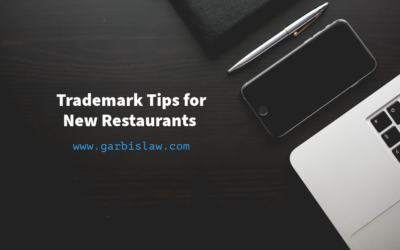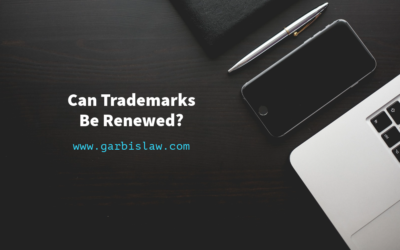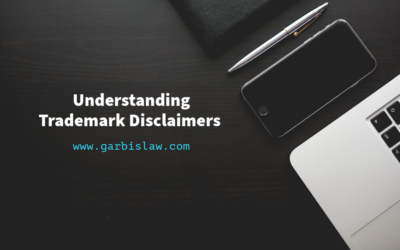Think Twice Before Spoiling Game of Thrones
Spoilers. Whether it be avoiding social media to not find out what happens during your favorite television series, or stopping someone midsentence from telling you the score of a game you are planning on watching later, people go to great lengths to avoid them.
Things are no different when it comes to HBO’s hit series Game of Thrones (“GoT”). As a fan of GoT, like I’m sure many of you are, I try to avoid conversations regarding the latest episode until I have actually seen it. The series has so many twist and turns, that it is difficult to predict exactly what happens next, especially this season where the plot has surpassed the storyline found in the books written by George R. R. Martin.
Providing spoilers after an episode has aired is one thing, but what if you spoil the episode before it has actually been televised?
As this Spanish YouTuber found out, it could lead to a claim of copyright infringement. The YouTuber, who goes by the handle “Frikidoctor,” would post videos before the newest episodes of GoT would air with his “predictions.” Supposedly, he had a source that would provide him information. HBO caught wind of it and used the Digital Millennium Copyright Act (“DMCA”) to force the takedown of the videos.
His first two videos contained shots from various trailers and scenes from the series. His third video, however, consisted of him in a costume providing the predictions, with no scenes from GoT. This led to the question of how can HBO enforce its copyright on something when none of the “work” is being displayed.
HISTORY OF COPYRIGHT
This goes back to the concept of “right of first publication.” The Copyright Act as we know it today was revised in 1976. Prior to 1976, copyright law was divided into a two part system, which essentially used the date of publication as the main identifier. Unpublished work was covered by the “common law” right of first publication. This gave the author of the work the right to decide when and how to publish his or her work. Once published, the work lost its common law protection and statutory copyright protection would depend on whether or not the owner properly provided notice and completed the registration. If no notice was provided or the author did not properly navigate the registration process, the work often entered the public domain.
The Copyright Act of 1976, however, changed the U.S. copyright system from the two part system that depended on publication, to one that covers the work as soon as it is fixed in a tangible medium of expression. Although this shift was made, the Supreme Court has still identified the “right of first publication” as a right which attaches to the author.
For example, in Harper & Row, Publishers, Inc. v. Nation Enterprises, the Supreme Court addressed the issue when Nation released unauthorized excerpts from former president Gerald Ford’s biography prior to its authorized release. The Court held that “Nation’s taking of copyrighted expression exceeded that necessary to disseminate the facts, and infringed the copyright holders’ interests in confidentiality and creative control over the first public appearance of the work.”
Even though the excerpts taken were an insubstantial portion of the Ford manuscript, the Court said that they played a key role in the infringement as Time magazine canceled a planned article and refused to pay $12,500 for the rights to publish. It was also held that “once a copyright holder establishes a causal connection between the infringement and loss of revenue, the burden shifts to the infringer to show that the damage would have occurred had there been no taking of copyrighted expression.”
APPLYING HARPER TO GAME OF THRONES
Even though I did not have an opportunity to see the videos before they were taken down, you can apply the holdings from Harper and conclude that the YouTuber could be facing some copyright issues. If he did indeed have a source providing him information on what was going to happen in a future episode, and he revealed that information prior to publication, HBO may be able to use the concept of “right of first publication” to stop him. Whether or not any actual work is displayed is irrelevant, as copyright protection can attach to detailed plot lines.
It looks as if he won’t be posting anymore spoilers, but as with Game of Thrones, who knows what will happen next. Stay tuned!





